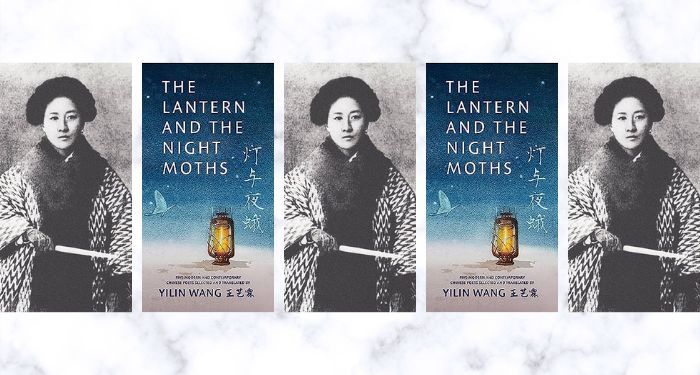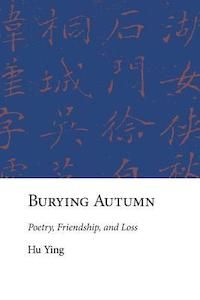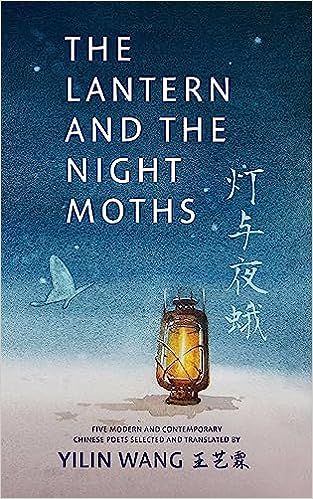When Yilin Wang began translating the poetry of Chinese revolutionary and feminist Qiu Jin, she had not anticipated that she would be facing off against the British Museum. Recently in an exhibition on China, Wang learned that her translations had been used in the exhibit without permission or compensation. Moreover, she was not credited in the exhibition itself (though she was credited in the exhibition guide). Read about the controversy here.
She’s in the process of filing a lawsuit against the museum after raising money through Kickstarter for her legal fees. While the suit is just beginning, I had the opportunity to sit down and talk to her about the work of Qiu Jin and the importance and challenge of translation.
The Overlooked Poetry of Qiu Jin
In China, Qiu Jin is a well-known historical figure for her revolutionary efforts to overthrow the Qing dynasty. She was also an educator who taught at a women’s school and a poet. But Wang believes that while “her political activities as a revolutionary are very well known, she’s been overlooked a bit as a poet, specifically because of her role as a feminist poet.”
Wang became interested in translating poetry, particularly of underrepresented voices in history and present-day China. She was surprised to learn that 100 years after Qiu Jin’s death, there was no English translation of her poetry. She said, “I feel like that is a big omission, given how important her poetry is to the emergence of feminism in the Chinese context, and given how many other Chinese poets have been translated.
Wang explained that in the 20th century context of China (though also true of the U.S. and other parts of the world in the 20th and 21st centuries), “feminism is something that is still quite socially overlooked by authorities in the education system and in history texts. [It’s] something that they downplay, sideline, and erase.” Plus, Wang noted that cis-male poets tend to be translated while female and queer poets are often overlooked.
Qiu Jin’s Legacy
Qiu Jin wrote about women’s relationships and queerplatonic relationships, Wang said. She wrote about gender norms and limiting gender roles. She’s an icon for queer and trans communities. “I find her poetry to be kind of very relevant to readers today, even though she wrote like more than 100 years ago,” Wang noted.
Her translations, which were first used and later removed from the exhibit, were sadly one of many things on display that were taken without permission. The exhibit focused on the late Qing dynasty, “where China suffered a lot from British imperialism,” she said. Various objects in the exhibit were taken from China. For instance, there’s a painting of a dog called Looty, because he was looted in 1860 during the second Opium War, according to the Royal Collection Trust website.
The Art of Translation
While many readers take translation for granted, Wang pointed out that it’s a specialized form of writing and art. “It takes a lot of labor,” Wang said. “It takes a lot of knowledge.” To translate a poem from Mandarin into English, she has to have fluency in both languages, cultural knowledge of today’s literature, her knowledge of English and formal classical Chinese poetry.
On top of that, she’s researching the social and political background of the time, as well as Qiu Jin’s life and the historical women heroes and poets referenced in Qui Jin’s poetry. On top of all that, she also noted, “I’m using my skills as an editor to select poems. I’m using my background as a sensitivity reader to think about cultural representation. I’m also using creative writing skills to write a poem in English that captures the spirit of the Chinese.” She’ll go through 10-15 drafts for each poem. It’s not a literal translation. In interviews, Wang said that each poem of Qiu Jin can take 20-50 hours.
“I tried to find the right words in terms of emotions, idioms, and allusions. Classical Chinese is very different from English in terms of grammar and syntax,” said Wang. For instance, Mandarin and English are very different grammar; verbs are not conjugated, nor is there a distinction between singular and plural nouns, so the meaning has to be inferred from context. The translator has to deal with all of these tiny details, explained Wang.
Name the Translator
People may just see the poem at the end of the entire process; so much of the work can be invisible and undervalued. One of the big misconceptions about translations is that the translation is not copyrighted. That’s not true, said Wang. Even though Qiu Jin’s poems may be out of copyright, Wang’s translations of her poems are copyrighted for Wang. “It’s more like an adaptation. If you took him a book and made a movie. People wouldn’t think that just because the book is public domain that the movie would be. Somehow people think that the transition is kind of the original.”
There’s been a movement #namethetranslator that has been going on in social media. Wang explained that it’s an ongoing problem in publishing and academic spaces that overlook translators. Publishers won’t put them on the book covers; book reviewers may not include them in their reviews; and awards fail to include the translator. She had hoped that institutions like the British Museum would set a good example with the ethical treatment of translators.
We’ll see in the upcoming months how Wang’s legal case against the museum will go.
If you want to learn more about Qiu Jin’s life in English, Wang recommended Ying Hu’s Burying Autumn: Poetry, Friendship and Loss, which includes Qiu Jin as one of the three subjects.
For folks interested in reading Yilin Wang’s translations, check out her translations on her website and Asymptote.
She’s also currently working on two books about Qiu Jin. The first The Lantern and the Night Moths: Five Modern and Contemporary Chinese Poets in Translation has an expected publication date of April 2, 2024, and will include Qiu Jin along with four poets. The second project will be a full-length book of just Qiu Jin’s poetry.
Want more poetry in translation? Check out this list of five best poetry collections by women in translation. Want to hear about recently released translations? Check out this list of best new books in translation in spring 2023.


